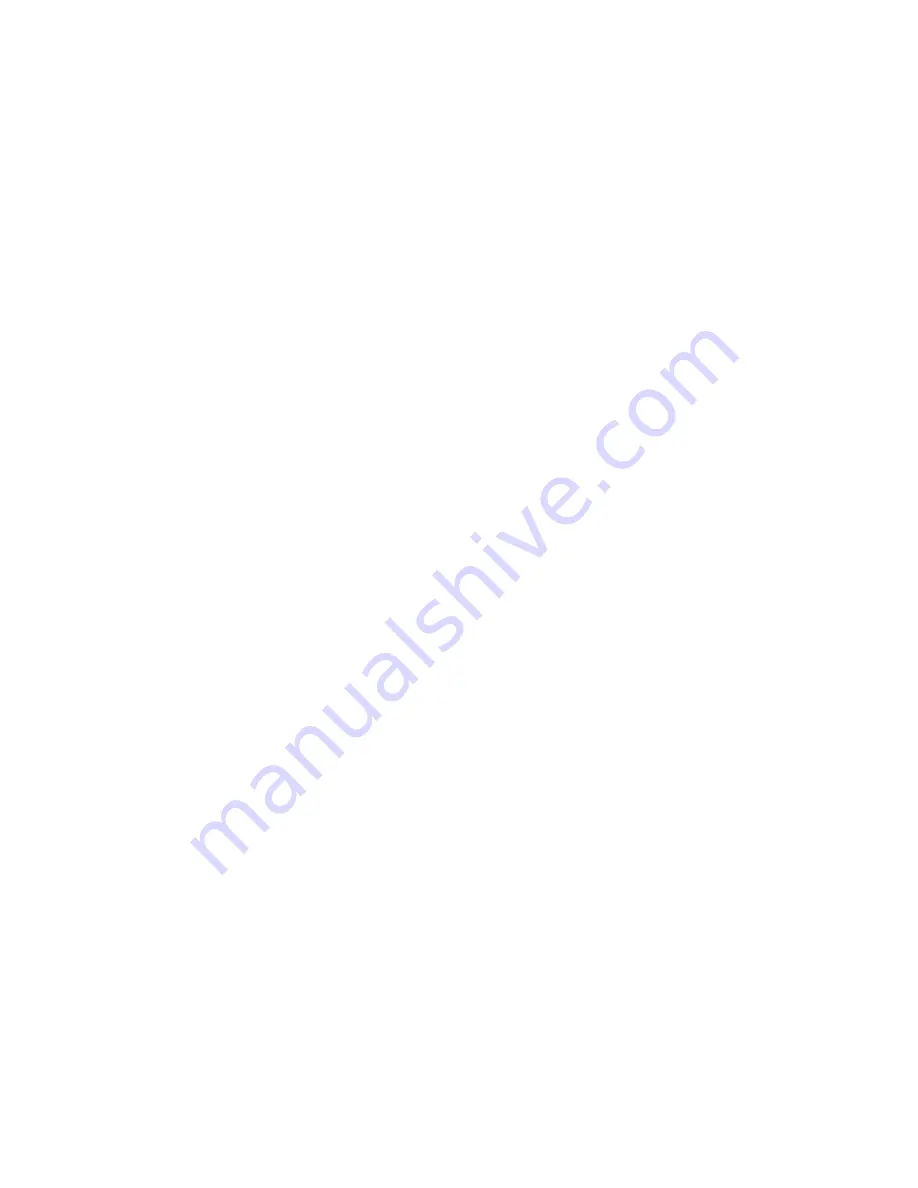
35
adjacent (up, down, left and right) pixels inside the source
texture. The disadvantage of bilinear texturing is that it
results in a fourfold increase in texture memory bandwidth.
3. Trilinear filtering: Trilinear filtering is a combination of
MIP-mapping and Bilinear filtering. In trilinear filtering the
two versions of a source texture corresponding to the
adjacent levels of detail are selected. Then, bilinear
filtering is used in each version of the source texture.
Finally, the colors of the two pixels produced by bilinear
filtering are blended together. With this method of
filtering, eight pixels are used to determine the color of the
destination pixel.
4. Anistropic Filtering addresses quadrilateral shaped and
angled areas of a texture image. A sharper image is
accomplished by interpolating and filtering multiple
samples from one or more MIP-maps to better approximate
very distorted textures. This is the next level of filtering
after trilinear filtering. While it will create the best looking
images it comes at a serious price and should only be used
when your system can handle it. If your system is
performing slowly try turning on and off Anistropic
filtering for better performance.
Flat Shading
The same color to an object in order to represent the effects of
light. All pixels inside a polygon are given the same shade.
Fogging
Creates a fog like effect by placing a haze over the scene. Is
used to make object appear slowly to avoid the sudden
appearance of objects.
Frame Buffer
Part of the memory that is used to store the actual calculated
frame. The frame buffer usually stores 2 frames (uses double






























